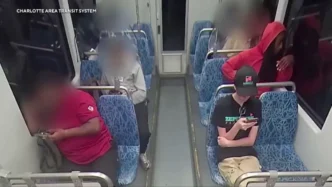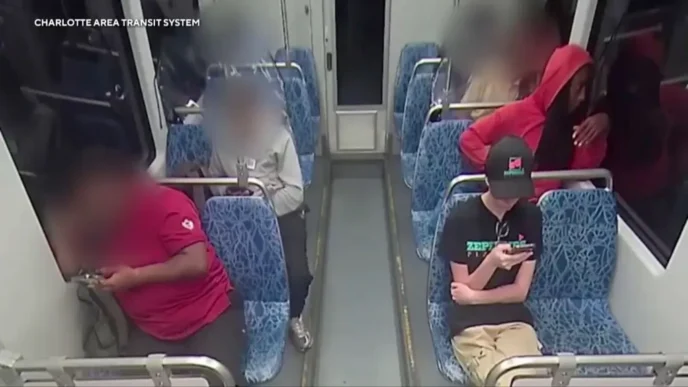In a significant legal development, the Indiana Supreme Court has turned down an appeal to halt the execution of Joseph Corcoran, marking the state’s first execution in 15 years.
The legal proceedings reached a crucial point when the Indiana Supreme Court denied a request to stay the execution of Joseph Corcoran, who was convicted of murdering his brother and three other men. The decision, made in a Thursday order, also dismissed petitions by Corcoran’s legal team arguing against the scheduled December 18 execution. Key issues raised included potential violations of constitutional rights and Corcoran’s mental competency to face execution.
Convicted in 1997, Corcoran’s case has been entangled in appeals, which he exhausted in 2016. Recently, Corcoran acknowledged his guilt in a handwritten affidavit, expressing acceptance of the legal findings against him. He stated, ‘I am guilty of the crime I was convicted of, and accept the findings of all the appellate courts.’ Corcoran, who has been on death row since 1999, also mentioned his desire to end further litigation on the matter, acknowledging the impending execution.
The case highlights concerns about executing individuals with mental illnesses. Joanna Green, a state public defender, emphasized Corcoran’s mental state at the time of the crime, noting he suffered from paranoid schizophrenia. She described Corcoran’s actions, explaining that he mistakenly believed the victims were conspiring against him, leading to the tragic events. Corcoran’s legal representatives argue that his severe mental illness impairs his understanding of his execution’s rationale, rendering it an inhumane punishment.
The Indiana Attorney General’s office confirmed that the execution date remains as planned. This marks Indiana’s return to carrying out the death penalty, last observed in 2009. The 15-year hiatus was largely due to difficulties in obtaining the drugs used for lethal injections. However, Governor Eric Holcomb has since stated that the Department of Correction acquired the necessary sedative, pentobarbital, which is employed by several states for executions.
Despite the court’s ruling, Corcoran’s defense plans to appeal in federal court with hopes of delaying the execution. The 3-2 decision by the state Supreme Court suggests the complexities involved in cases that intersect mental health and capital punishment.
As the execution date approaches, the case of Joseph Corcoran underscores ongoing debates about the death penalty, particularly relating to mental health considerations. The decision by Indiana’s Supreme Court not only revives the state’s execution process but also brings attention to national conversations about justice and humane treatment within the legal system.
Source: Apnews














